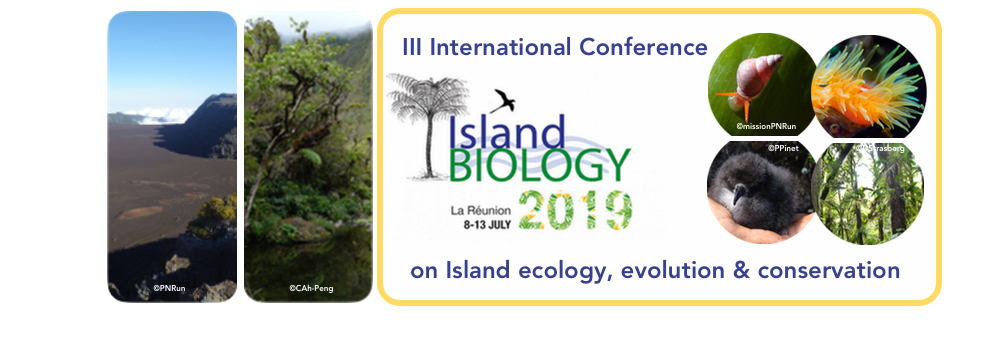Ageing is commonly defined as the accumulation of diverse deleterious changes occurring in cells and tissues with advancing age that are responsible for the increased risk of pathologies such as Alzheimer's disease, cardiovascular diseases, neurodegeneration or cancers. As the population of developed countries is ageing, the prevalence of a variety of age-related diseases is increasing. In order to counteract this major healthcare challenge, marine natural products represent an extraordinary reservoir of structurally diverse bioactive metabolites which may present anti-ageing properties and offer pharmaceutical, cosmeceutical or nutraceutical applications. Taking into consideration the aforementioned issues, the H2020 European project TASCMAR explores marine invertebrates and symbionts from under-investigated marine biodiversity hotspots and develops innovative approaches for the discovery and production of compounds with anti-ageing activity. The Chemistry Laboratory of Natural Substances and Food Sciences (LCSNSA, University of La Réunion) located at Réunion island is involved in this ambitious research program and this communication will therefore provide an outline of its contribution to TASCMAR. We collected a total of 112 sponges from Mayotte and Rodrigues (Indian Ocean). The crude extracts of the samples were submitted to a biological evaluation against a wide range of different targets involved in ageing or age-related diseases. These targets include catalase, sirtuin 1, CDK7, proteasome, Fyn kinase, tyrosinase and elastase. Twenty nine crude extracts have shown promising results. The chemical investigation of these 29 extracts for the discovery of molecules with anti-ageing effects will be discussed.

|
|
|
|
Marine sponges from Indian Ocean, a highly promising source for the discovery of novel bioactive compounds to fight against ageing and age-related diseases
1 : Laboratoire de Chimie des Substances Naturelles et des Sciences des Aliments
(LCSNSA)
Faculté des Sciences et techniques - Université de La Réunion 15 avenue René Cassin CS92003 97744 SAINT DENIS CEDEX 9 -
Réunion
2 : Faculty of Pharmacy, National & Kapodistrian University of Athens
Panepistimiopolis of Zographou 157 71 - Athens -
Greece
3 : Faculty of Biology, National & Kapodistrian University of Athens
Panepistimioupolis of Zographou – 15771 – Athens -
Greece
4 : APIVITA SA
Industrial Park of Markopoulo Mesogaias, 19003 Markpoulo Attiki, Athens -
Greece
5 : Crelux GmbH
am Klopfersitz 19a – 82132 Martinsried -
Germany
6 : Institut de Chimie des Substances Naturelles
(ICSN)
Centre National de la Recherche Scientifique : UPR2301
Avenue de la terrasse 91198 Gif sur yvette cedex -
France
|
| Online user: 37 | RSS Feed |

|
 PDF version
PDF version